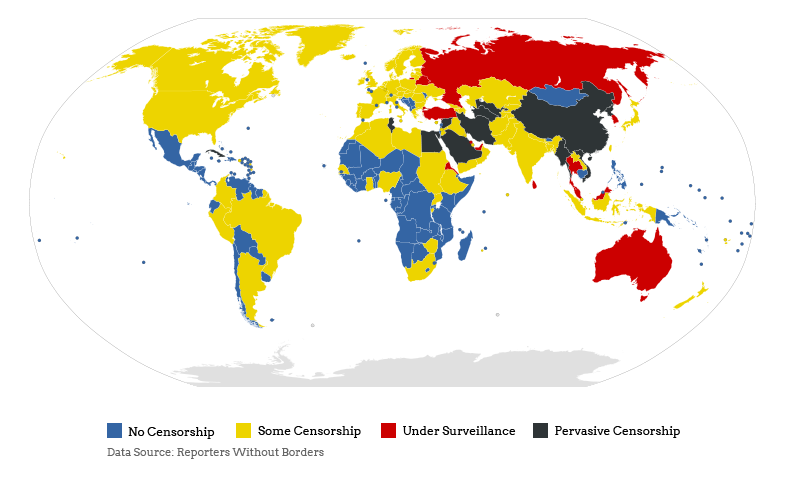Talk about ‘Network Neutrality ’ seems to occur in rushes. You can not hear about it for months, and then everyone wants to express their opinion on the matter. And I’m no different. I ranted about it already in 2008 with a post titled “Net Neutrality at a glance ”.
I hear a lot of different stories for pro’s and cons on manipulating network traffic, and I’d like to share my view.
What it’s about: Network Neutrality#
The following YouTube video explains this very well.
It’s about ISP’s determining what you can or can not see or do on the internet. The ISP can block traffic to certain sites, or give priority on certain kinds of network traffic (such as HTTP in favor of torrents).
It’s all good, no?#
There are legitimate use cases for interfering with internet traffic. Take the example of e-mail and spamfilters. Your ISP will most likely filter every incoming e-mail sent to you, and determine if that message is spam or not. If it’s spam, the ISP will decide to block it, in order to protect you.
That is, in fact, a violation of Net Neutrality, because someone is messing with your internet traffic.
Compare it to roads and drugdealers#
Perhaps a far stretched example, but one that proves my point. Think of the internet as roads in a country. Everyone can drive on the roads, and everyone can go where they want. On those roads (= the internet) there are houses (= websites) that people want to visit.
What if the maintainers of the road would suddenly decide to block all traffic to a certain street, because it is occupied by drug dealers? While the idea sounds protective, it’s not within their right to do so. Instead of blocking traffic to their street, the source should be removed: the houses with drug dealers need to go. The roads should remain open.
The very same goes to the internet. No one should mess with the network traffic, but actions should be taken upon the websites themselves.
Opt-in instead of globally defined#
In the e-mail & spamfilter example, the interference is allowed because it is “opt-in”. You can choose to take a spamfilter to protect you. It’s not something that is forced upon you, where you have no means of controlling what happens.
The very same should happen to blocking dangerous websites or prioritizing network traffic. It should be end-user’s decision to use such a feature. That same end-user should know what’s happening, and what is being blocked.
The opt-in idea is not so ISPs could charge extra money for the service (which I’m sure a lot will do in the end), but it’s a matter of choice and free will.
It’s already too late?#
The internet is already being censored heavily . Europe remains fairly free, but Asia and Russia are subject to massive internet control.
There are worldwide blocks being performed on sites such as WikiLeaks, Facebook and even WikiPedia. Why? Because a government deemed it a possible threat to the country, and uses ISPs to control the information flow.
The real internet backbone#
My fear is that in the end, all countries will enforce these kind of network traffic manipulation. Either on their own accord, because they think they’re helping the end-user, or because a government is forcing them to take action.
In its beginnings, the internet was free and without limits. That is how the internet should remain. Information, regardless of who it came from or what it contains, should be able to flow freely over the internet. If it turns out to be illegal information (ie; child pornography), the persons responsible for it should be brough to justice. There should be no measures that impact every user, without their consent and approval.
The internet needs to remain open. No one should interfere with network traffic.
